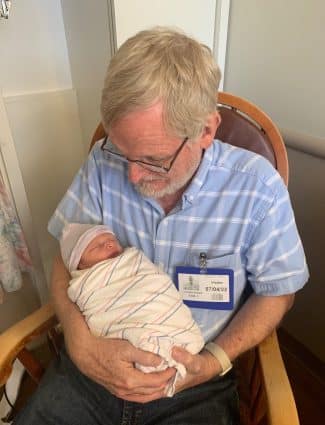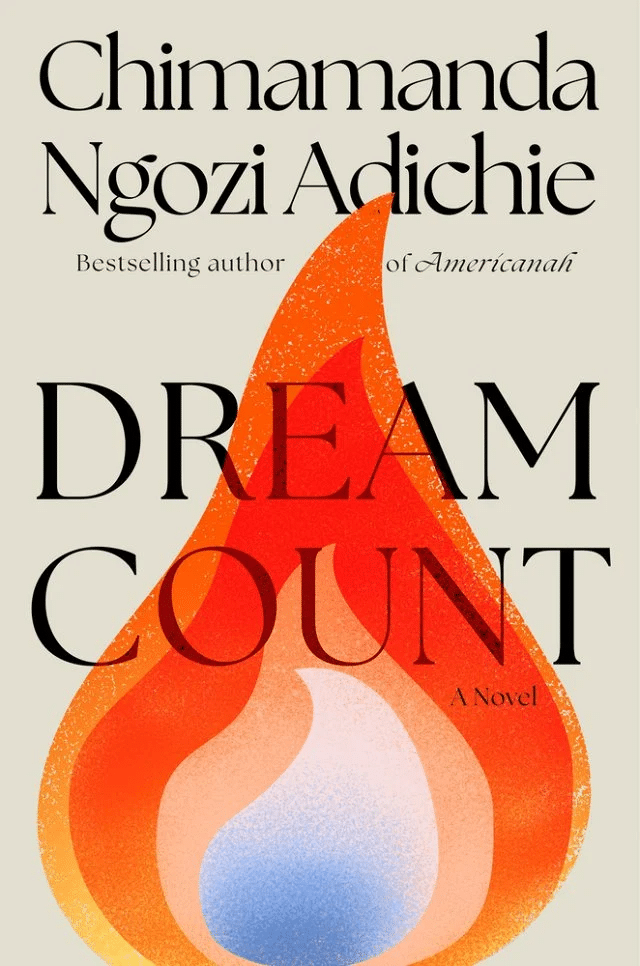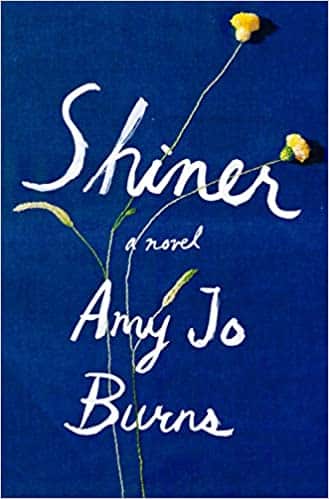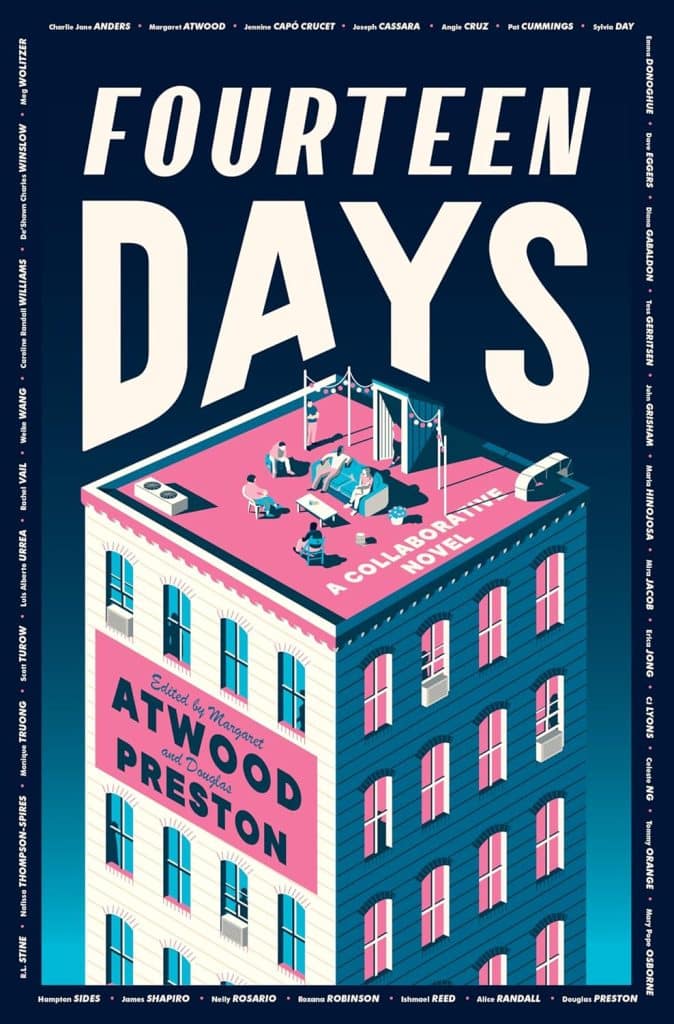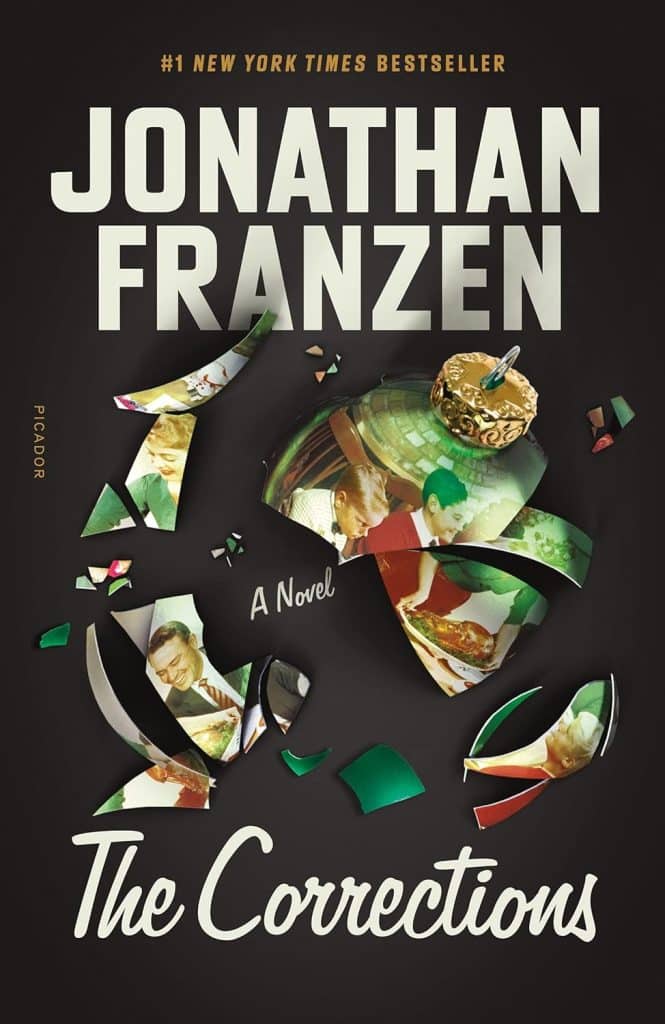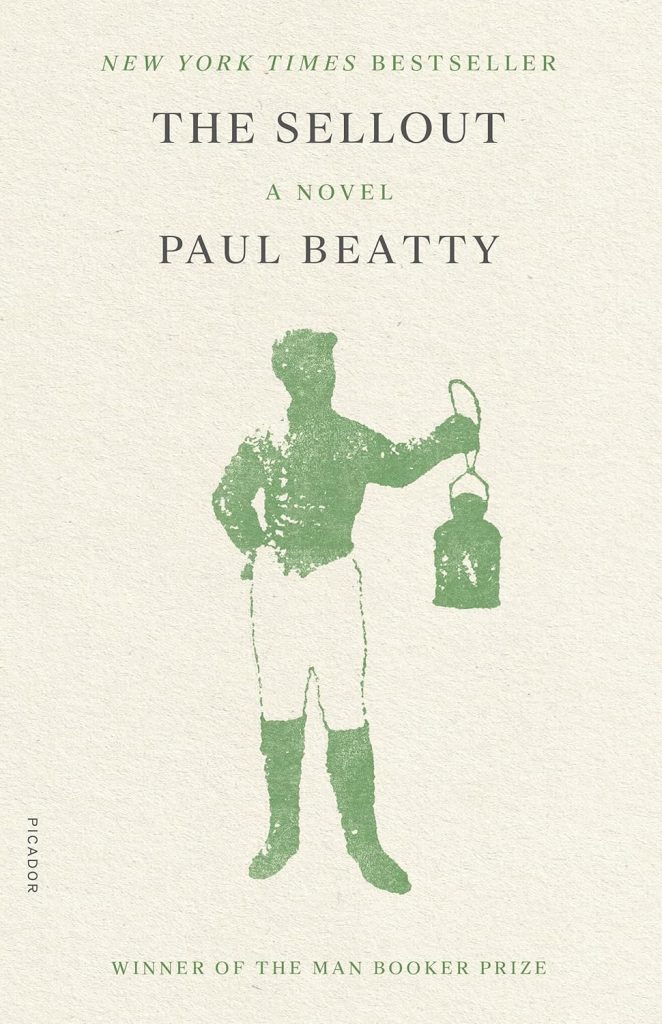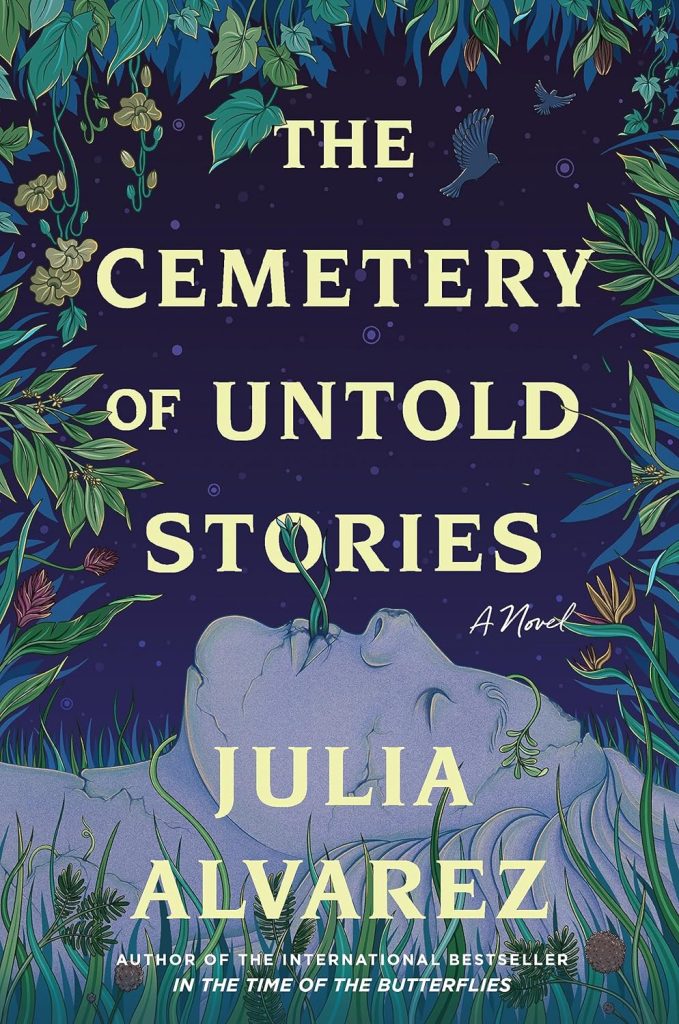
Happy 2nd Birthday, Wes!
My Second Anniversary Post-grief!
Estimated reading time: 3 minutes, 14 secondsWes, my youngest grandson until he becomes a big brother later this month, celebrated his second birthday today. On July 3, 2022, Wes was born at 2:33 p.m. It was a moment of pure joy, a beacon of hope after the passing of Jan. The universe seemed to be aligning the stars for me—fourteen months since my wife died and fourteen hundred hours, a perfect symmetry. When I learned that they had named him Wes Jude, with the middle name in honor of his grandmother, who will never be able to hold him, it filled me with overwhelming joy. I wanted to cry tears of happiness, but I held him close, feeling the warmth of his tiny body in my arms. Both Lilah, my granddaughter, and Wes share Jan’s endearing smile, a beautiful reminder of the joy that Wes’s birth brought into our lives.
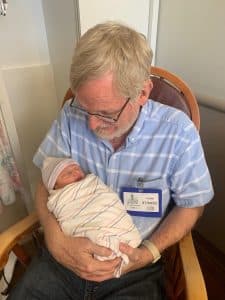
As I strolled along the familiar path leading to my home after holding Wes for the first time, the melody of ‘Hey Jude’ by the Beatles, a song that Jan and I loved, played in my mind, lifting my spirits. I knew my emotions changed since ‘Celebrate Jan Day,’ but I did not fully comprehend why. Despite this positive change, I realized I had not experienced an ‘apolytus‘ (ah-pahl-i-tuhs) moment where I fully realized that I’d transcended my previous struggles and undergone a profound transformation, much like a reptile shedding its old skin. Nevertheless, as I made my way from the parking lot to my apartment, I was dancing and singing the lyrics of ‘Hey Jude‘ with unbridled joy, just as Jan would have.
Hey Jude, don’t make it bad
Take a sad song and make it better
Remember to let her into your heart
Then you can start to make it better
I date my apolytus moment when Wes was born, but it could have happened anytime that summer. Maybe it occurred when I attended Camp Widow in San Diego two weeks after Wes was born or when I realized I could embrace life and live fully. A snake shedding their skin does not care about the date and time, but humans are diarists who need to know the beginning and ending dates as if they will set us free. The exact timing doesn’t matter for me, but what does is the transformative power of love. Leaving grief behind has altered my life.
In April of this year, my friend Danny commented on my ‘Three Birthday Blessings‘ post:
You are an incredible person! You are a new person! A better person! Jan, although not here physically, has done so much for you!’
I don’t believe I’m incredible, but I have shed my old skin; I am a new and better person. Post-grief, I have learned to listen with my ears, embrace friends and new endeavors, and walk into the future. I have learned to serve and bless those who are alive. I understand how to offer guidance and solace to those who, like me, carry the weight of grief. I know when to stay quiet when they are around and when a single word can reassure them of my affection and care.
 I owe it to the love that Jan and I shared and to Wes, whose smile the first time I held him melted away grief’s stranglehold on me. As I celebrate Wes turning two, I also know I am celebrating the moment I allowed Jan’s love to be free so it would never die. Simultaneously, I let Wes into my heart, took the sad song of grief, and made it better due to the power of love to transform and heal, and it’s a testament to the resilience of the human spirit.
I owe it to the love that Jan and I shared and to Wes, whose smile the first time I held him melted away grief’s stranglehold on me. As I celebrate Wes turning two, I also know I am celebrating the moment I allowed Jan’s love to be free so it would never die. Simultaneously, I let Wes into my heart, took the sad song of grief, and made it better due to the power of love to transform and heal, and it’s a testament to the resilience of the human spirit.
Hey Wes Jude, Happy Birthday! I love you more than words can express, and I am so grateful for the joy and love you have brought into my life.
My Apolytus Moment
My Second Anniversary Post-grief!
Estimated reading time: 3 minutes, 14 seconds

